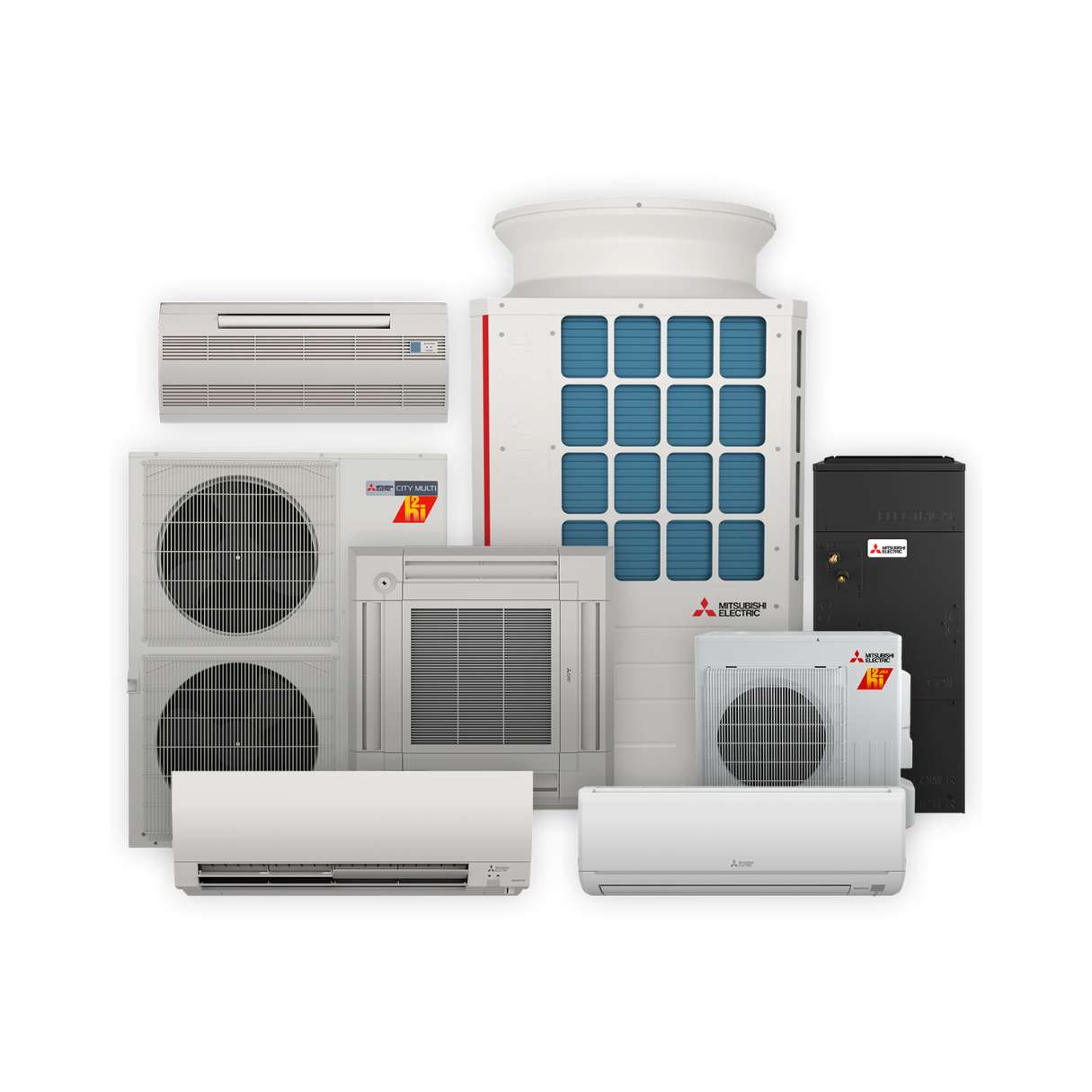

Articles
How To Tell If Your HVAC Is Gas Or Electric
Modified: January 5, 2024
Learn how to determine if your HVAC system runs on gas or electricity with these informative articles.
(Many of the links in this article redirect to a specific reviewed product. Your purchase of these products through affiliate links helps to generate commission for Storables.com, at no extra cost. Learn more)
Introduction
Welcome to the world of HVAC systems – the heart and soul of your home’s heating and cooling. When it comes to HVAC systems, one of the crucial decisions is whether to go with a gas or electric setup. Identifying whether your HVAC system is gas or electric is essential as it determines not only the operation and maintenance but also the overall performance and efficiency.
In this article, we will guide you through the process of determining whether your HVAC system is gas or electric. We will also delve into the key differences between gas and electric HVAC systems, including the fuel source, efficiency, cost, and environmental impact. Finally, we will provide tips on maintaining and operating both gas and electric systems to ensure optimal performance and longevity.
Understanding the fundamentals of HVAC systems is crucial before diving into the specifics of identifying the fuel source. HVAC, short for Heating, Ventilation, and Air Conditioning, refers to the technology used to provide indoor comfort by regulating temperature, humidity, and air quality. Different types of HVAC systems exist, but the two most common ones are gas and electric systems.
A gas HVAC system uses combustible fuel, usually natural gas or propane, to generate heat. On the other hand, an electric HVAC system relies on electricity to heat or cool your home. Each system has its own set of advantages and considerations, making it important to know which one you have.
Now, let’s explore the key differences between gas and electric HVAC systems in more detail. By understanding these nuances, you’ll be better equipped to identify the type of system installed in your home and make informed decisions regarding maintenance and operation.
Key Takeaways:
- Identifying whether your HVAC system is gas or electric is crucial for effective maintenance and operation, impacting performance, efficiency, cost, and environmental impact.
- Regular maintenance and proper operation of both gas and electric HVAC systems are essential for optimal performance, energy efficiency, and longevity, ensuring a comfortable living environment.
Read more: How To Tell If Washer Is Gas Or Electric
Understanding HVAC Systems
To fully grasp the differences between gas and electric HVAC systems, it’s important to have a basic understanding of how HVAC systems work and the roles that gas and electric play within them.
Types of HVAC Systems
HVAC systems come in various types, including central air conditioning systems, heat pumps, furnaces, and ductless mini-split systems. Central air conditioning systems, as the name suggests, provide cooling to an entire building through a network of ducts and vents. Heat pumps, on the other hand, can both cool and heat a space by transferring heat between the indoors and outdoors, making them energy-efficient options. Furnaces are dedicated to providing heat, and they can be powered by gas or electric. Ductless mini-split systems are ideal for homes without existing ductwork and offer independent heating and cooling for different areas of the house.
Roles of Gas and Electric in HVAC
Both gas and electric play crucial roles in HVAC systems, but in different ways. Gas is primarily used for heating purposes. In a gas HVAC system, the gas is burned to produce heat, which is then transferred to the air or water that circulates through the system. This heat is then distributed throughout the building to provide warmth during colder months. On the other hand, electric plays a role in both heating and cooling. Electric HVAC systems use electricity to power compressors, fans, and blowers, which cool or heat the air before it is circulated throughout the space.
Understanding these roles and how they align with specific types of HVAC systems will help you identify whether your system is gas or electric-based. In the following sections, we will explore the key differences between gas and electric HVAC systems, enabling you to differentiate between the two and make informed decisions about maintenance and operation.
Key Differences Between Gas and Electric HVAC Systems
When it comes to HVAC systems, the fuel source plays a significant role in determining the system’s performance, efficiency, cost, and environmental impact. Here are the key differences between gas and electric HVAC systems:
Read more: How To Tell If A Dryer Is Gas Or Electric
Fuel Source
The primary difference between gas and electric HVAC systems lies in the fuel source. Gas HVAC systems rely on natural gas or propane to produce heat, while electric HVAC systems utilize electricity to generate heat or cool air. This difference in fuel source affects the overall operation and energy consumption of the system.
Efficiency
In terms of efficiency, gas HVAC systems tend to be more efficient in heating than their electric counterparts. Gas furnaces can reach higher temperatures quickly, providing faster warmth. Electric systems, on the other hand, may take longer to heat a space. However, when it comes to cooling, electric systems can be more efficient as they do not have the same combustion-related energy losses as gas systems.
Cost
Cost considerations are a crucial factor when deciding between gas and electric HVAC systems. Gas systems often have lower operating costs in regions where natural gas is more affordable than electricity. However, the upfront cost of purchasing and installing a gas HVAC system tends to be higher than that of an electric system. On the other hand, electric systems generally have lower upfront costs, but their operational costs can be higher in areas with expensive electricity rates.
Environmental Impact
When it comes to environmental impact, gas HVAC systems produce combustion byproducts, including carbon emissions, which contribute to air pollution and global warming. However, advancements have been made to improve the efficiency and reduce emissions of gas systems. Electric systems, while emitting no direct emissions from their operation, rely on the overall electricity grid, which may be powered by fossil fuels. The environmental impact of electric systems largely depends on the energy mix of the region.
Considering these key differences will help you make an informed decision about which type of HVAC system is best suited for your specific needs, preferences, and location. However, identifying whether your HVAC system is gas or electric is the first step. In the next section, we will explore how to accurately identify your HVAC system.
Identifying Your HVAC System
Identifying whether your HVAC system is gas or electric is essential for effective maintenance and operation. Here are some ways to accurately determine the type of HVAC system in your home:
Inspecting the Equipment
The first step in identifying your HVAC system is to inspect the equipment. Start by locating your furnace or heat pump. If you have a gas HVAC system, you will typically find a gas line connected to the unit. Look for a valve or pipe marked with a gas symbol, such as a flame or gas cylinder. Additionally, gas systems usually have a pilot light or igniter switch. If you don’t see any of these indicators, it’s likely that you have an electric system.
For electric HVAC systems, look for the main electrical panel or breaker box. You may also find a disconnect switch near the outdoor unit. However, keep in mind that some HVAC systems may have both gas and electric components, such as a gas burner in a heat pump, so it’s essential to examine the entire system to ensure accurate identification.
Checking the Fuel Source
If you’re still unsure about the type of HVAC system you have after inspecting the equipment, you can check the fuel source. For gas systems, consult your utility bills or contact your gas provider to confirm if you have a gas connection. Gas bills will indicate the usage and cost of the fuel. Additionally, you can examine the gas meter or the gas line leading to your HVAC equipment. If you find a gas meter or a gas service valve, it confirms the presence of a gas HVAC system.
For electric systems, check your electric bill to determine if your HVAC system runs on electricity. An electric HVAC system will typically have dedicated circuits and wires connected to the main electrical panel. You can also look for a large electrical cable leading to your HVAC equipment, indicating an electric power source.
Consulting Professional Help
If you’re still unsure or find it challenging to identify your HVAC system, it’s best to consult professional help. HVAC technicians have the expertise and experience to accurately determine the type of system you have and provide guidance on maintenance and operation. They can inspect your equipment, examine the fuel connections, and provide a definitive answer.
By following these steps and seeking professional assistance if needed, you can confidently identify your HVAC system and proceed with proper maintenance and operation techniques.
Read more: How To Tell If HVAC Filter Is Dirty
Maintaining and Operating Gas and Electric HVAC Systems
Proper maintenance and operation of your HVAC system are essential for optimal performance, energy efficiency, and longevity. Here are some maintenance and operating tips for both gas and electric HVAC systems:
Maintenance Tips for Gas HVAC Systems
– Schedule regular professional inspections and tune-ups, ideally once a year, to ensure the safety and efficiency of your gas HVAC system. A professional technician can clean the burners, check for gas leaks, and perform any necessary repairs.
– Change or clean the air filters regularly, usually every one to three months, to maintain proper airflow and reduce strain on the system.
– Keep the area around the outdoor unit clear of debris, leaves, and vegetation to ensure adequate airflow and prevent any obstructions.
– Regularly inspect the venting system for any blockages or debris that may affect the proper release of combustion gases. Ensure that the vent pipes are securely connected and in good condition.
– Test the carbon monoxide detectors regularly to ensure they are functioning properly and provide an extra layer of safety for gas HVAC systems.
Maintenance Tips for Electric HVAC Systems
– Clean or replace the air filters according to the manufacturer’s recommendations to maintain optimal airflow and prevent dirt buildup that can affect system performance.
– Inspect the outdoor unit regularly and remove any debris, such as leaves or grass clippings, that may have accumulated around the unit.
– Check and clean the condenser coils of the outdoor unit to remove dirt and debris that can hinder efficient heat transfer.
– Lubricate any moving parts, such as fan blades or motors, according to the manufacturer’s instructions, to reduce friction and ensure smooth operation.
– Regularly check the drain lines and pans to ensure they are clear of blockages and prevent potential water damage or mold growth.
Operating Tips for Gas HVAC Systems
– Set the thermostat to a comfortable temperature and avoid frequent adjustments. This helps maximize energy efficiency and reduces strain on the system.
– If your gas HVAC system has a pilot light, ensure that it remains lit. If you notice the pilot light keeps going out, contact a professional to have it inspected and repaired.
– Use caution when performing DIY maintenance tasks and avoid tampering with gas valves or connections. Gas systems require professional expertise for proper maintenance and repairs.
– Familiarize yourself with the emergency shut-off valves and procedures for your gas HVAC system. In case of gas leaks or emergencies, know how to safely shut off the gas supply to prevent hazards.
Read more: How To Tell If HVAC Damper Is Open Or Closed
Operating Tips for Electric HVAC Systems
– Use programmable thermostats or smart thermostats to schedule temperature adjustments and optimize energy usage. Set the temperature to energy-efficient levels when the space is unoccupied.
– Keep windows and doors closed when the HVAC system is running to maintain desired indoor temperatures and prevent energy waste.
– Use ceiling fans or portable fans to assist with air circulation and distribution, which can help reduce the workload on your electric HVAC system.
– Consider zoning your electric HVAC system to customize temperatures for different areas of your home, allowing for more precise control and energy savings.
By following these maintenance and operating tips, you can ensure optimal performance, energy efficiency, and longevity of both gas and electric HVAC systems, keeping your home comfortable year-round. However, if you encounter any issues or need professional assistance, don’t hesitate to contact a qualified HVAC technician for help.
Conclusion
In conclusion, understanding whether your HVAC system is gas or electric is crucial for effective maintenance and operation. Gas and electric HVAC systems have distinct characteristics and differences that impact their performance, efficiency, cost, and environmental impact.
Identifying your HVAC system can be done by inspecting the equipment, checking the fuel source, and consulting professional help if needed. Once you know the type of system you have, you can follow specific maintenance and operating tips to ensure optimal performance and longevity.
Gas HVAC systems require regular professional inspections, air filter maintenance, and proper venting to ensure safety and efficiency. Electric HVAC systems, on the other hand, need regular filter cleaning or replacement, outdoor unit maintenance, and efficient airflow management.
Operating gas HVAC systems involves setting the thermostat at a comfortable temperature, ensuring the pilot light remains lit, and being aware of emergency shut-off procedures. Electric HVAC systems benefit from programmable thermostats, closed windows and doors during operation, and the use of fans for improved air circulation.
By following these maintenance and operating tips, you can maximize the efficiency of your HVAC system, reduce energy consumption, and extend the lifespan of the equipment.
Remember, if you encounter any issues or need assistance, it’s always wise to consult a qualified HVAC technician. They have the knowledge and expertise to handle any maintenance or repair tasks properly and safely.
Whether you have a gas or electric HVAC system, proper maintenance and operation will ensure a comfortable living environment and help you save on energy costs. Prioritizing the care of your HVAC system will pay off in the long run, providing you with reliable heating and cooling throughout the seasons.
So, take the necessary steps to determine your HVAC system, implement the recommended maintenance and operating practices, and enjoy the benefits of a well-maintained and efficiently operating HVAC system in your home.
Frequently Asked Questions about How To Tell If Your HVAC Is Gas Or Electric
Was this page helpful?
At Storables.com, we guarantee accurate and reliable information. Our content, validated by Expert Board Contributors, is crafted following stringent Editorial Policies. We're committed to providing you with well-researched, expert-backed insights for all your informational needs.
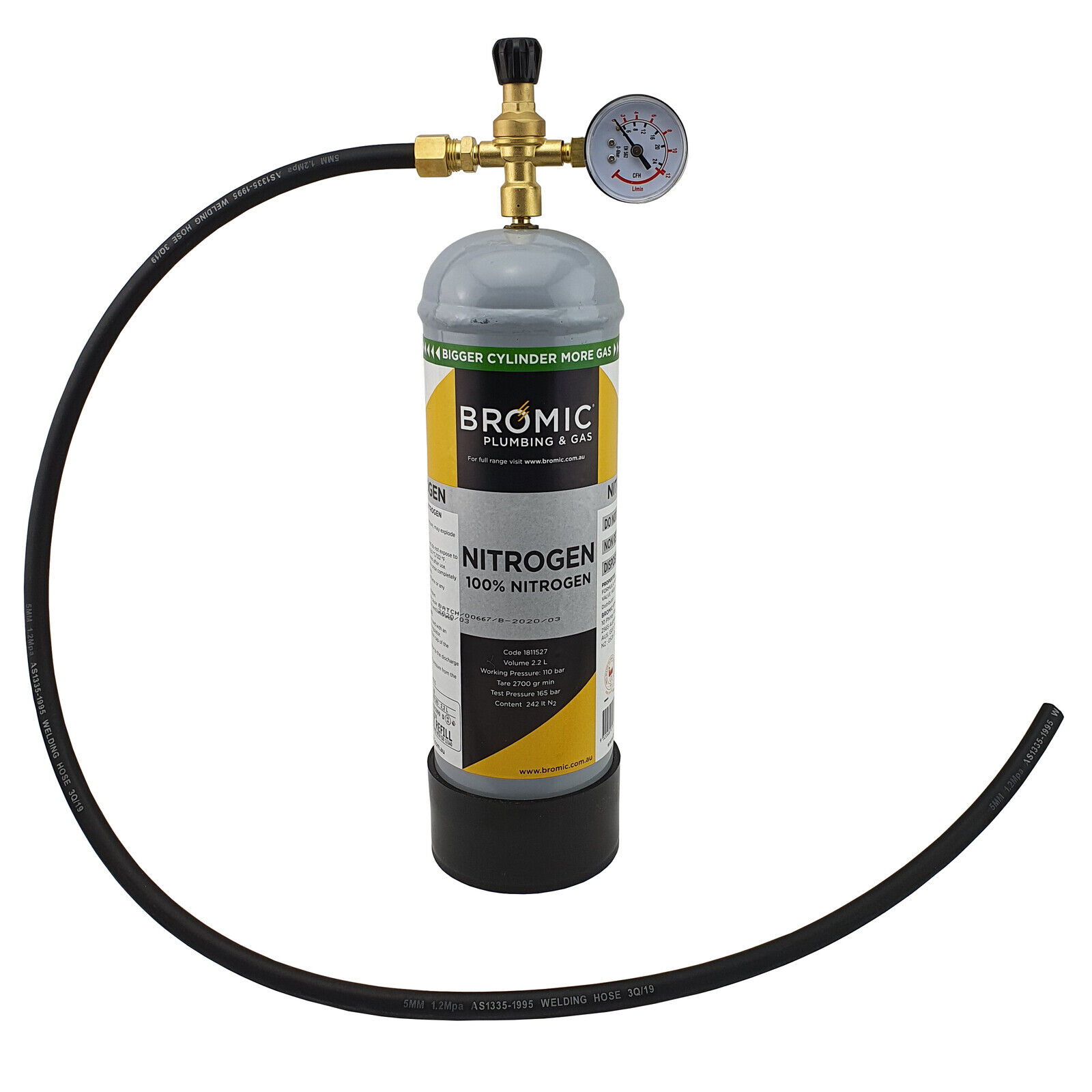
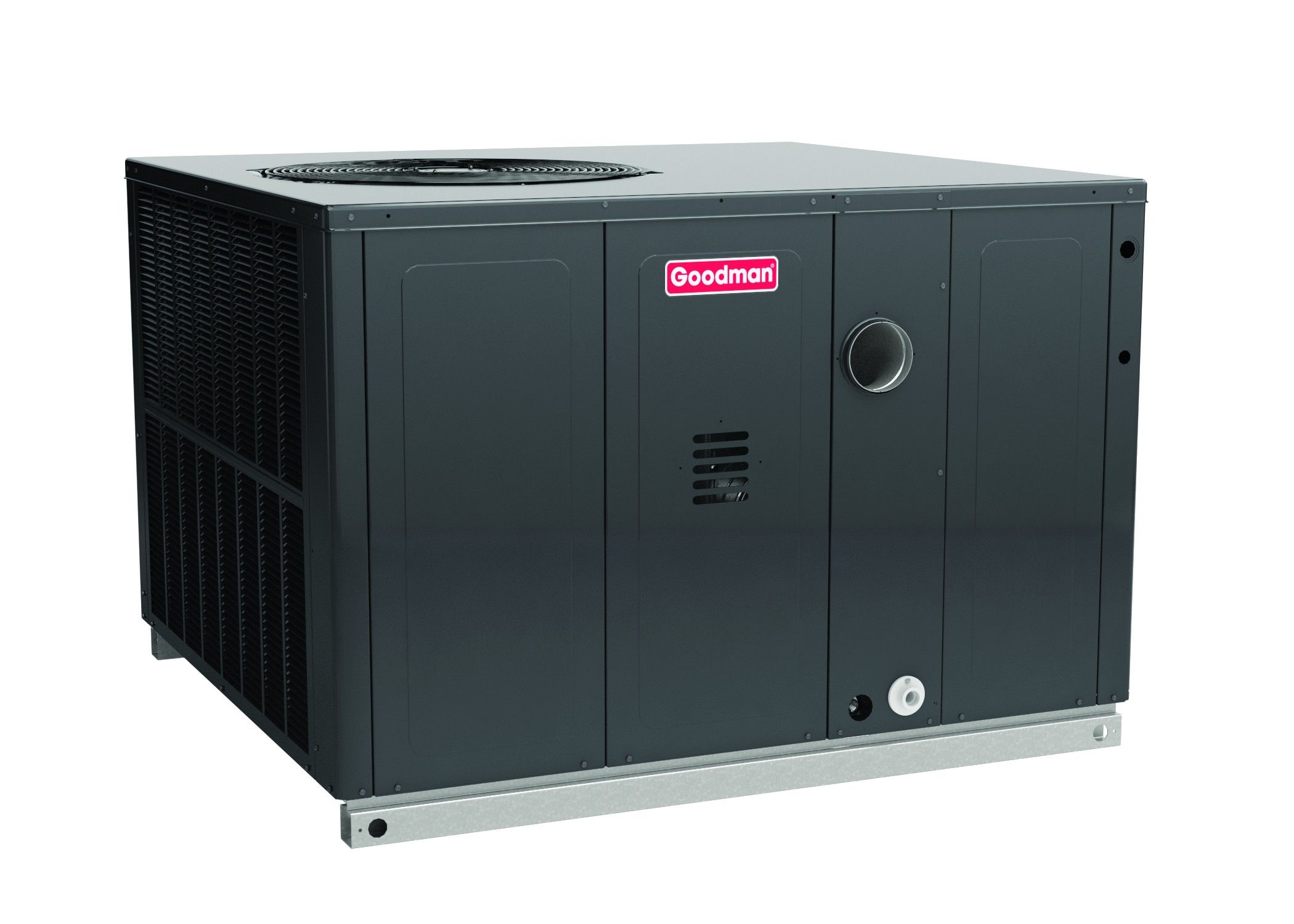

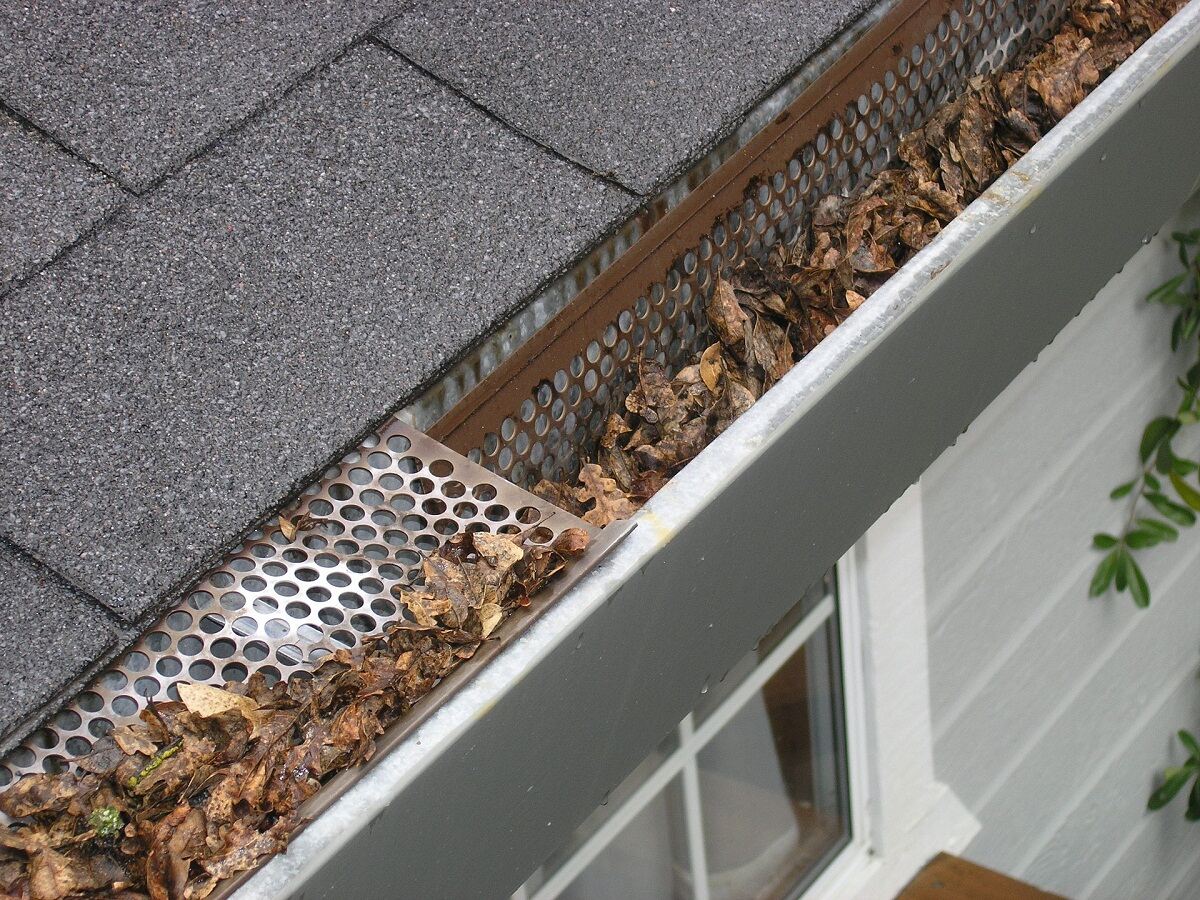
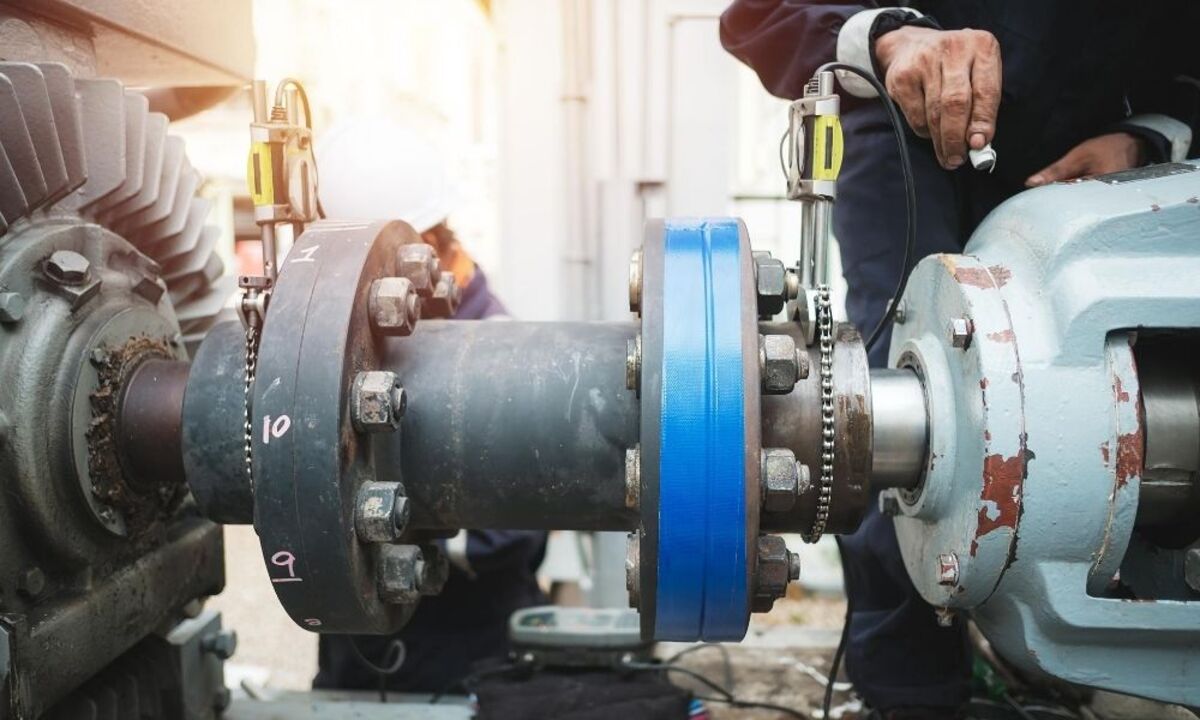
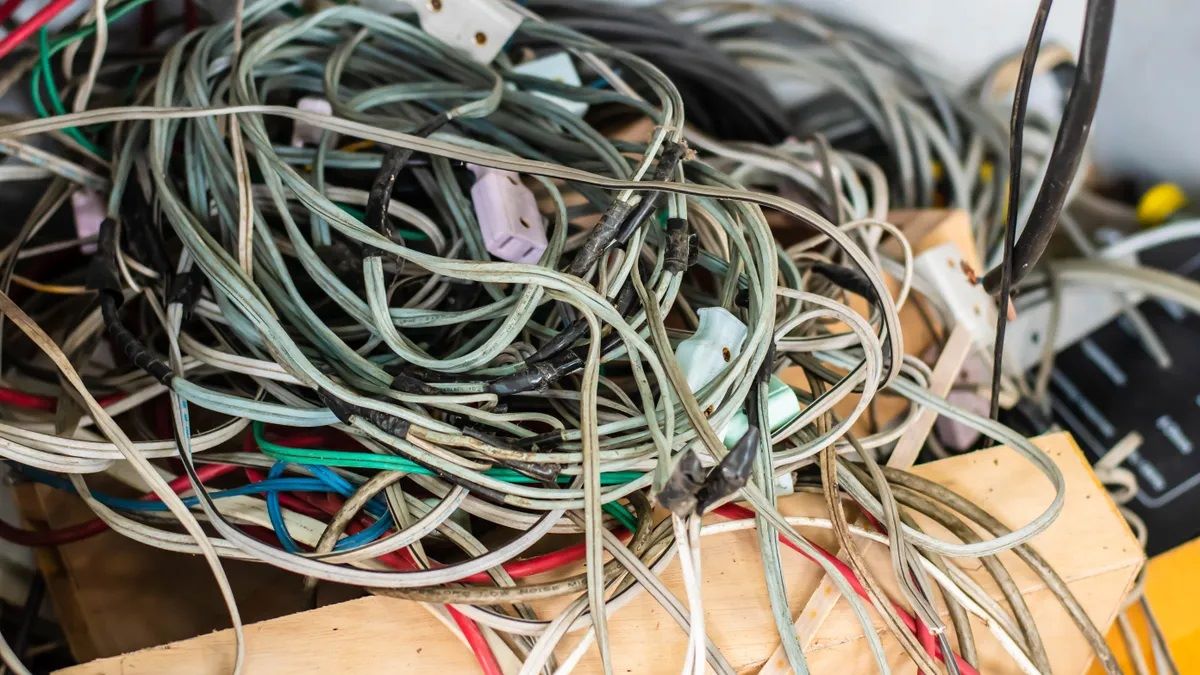

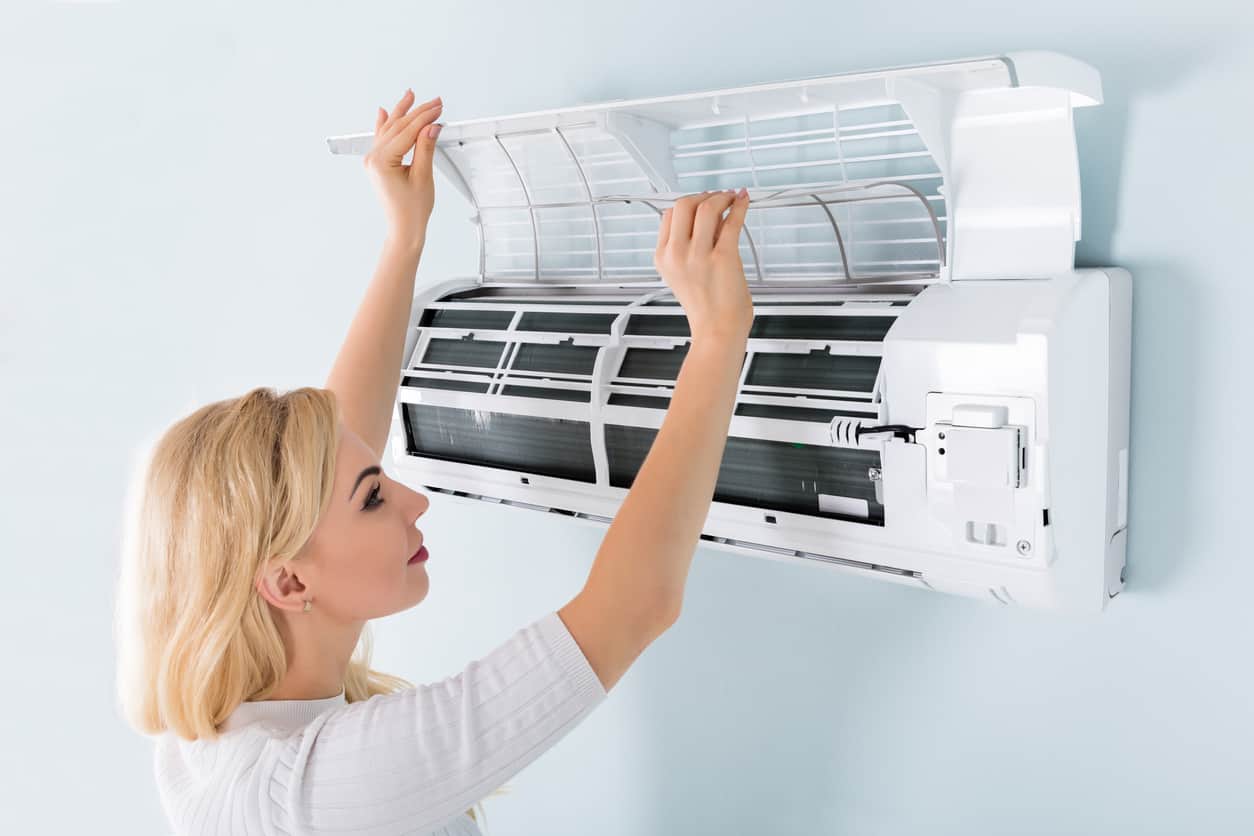
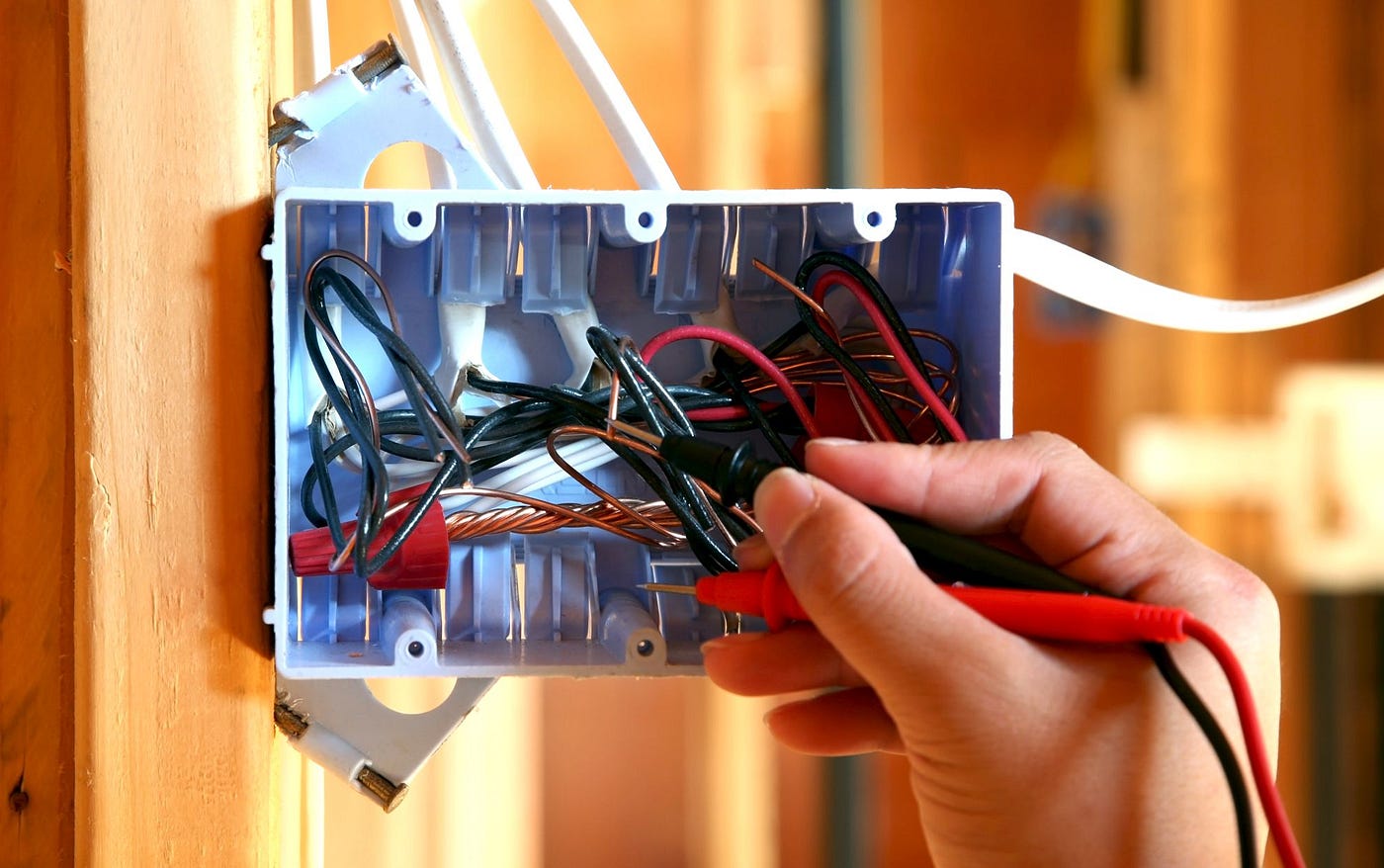
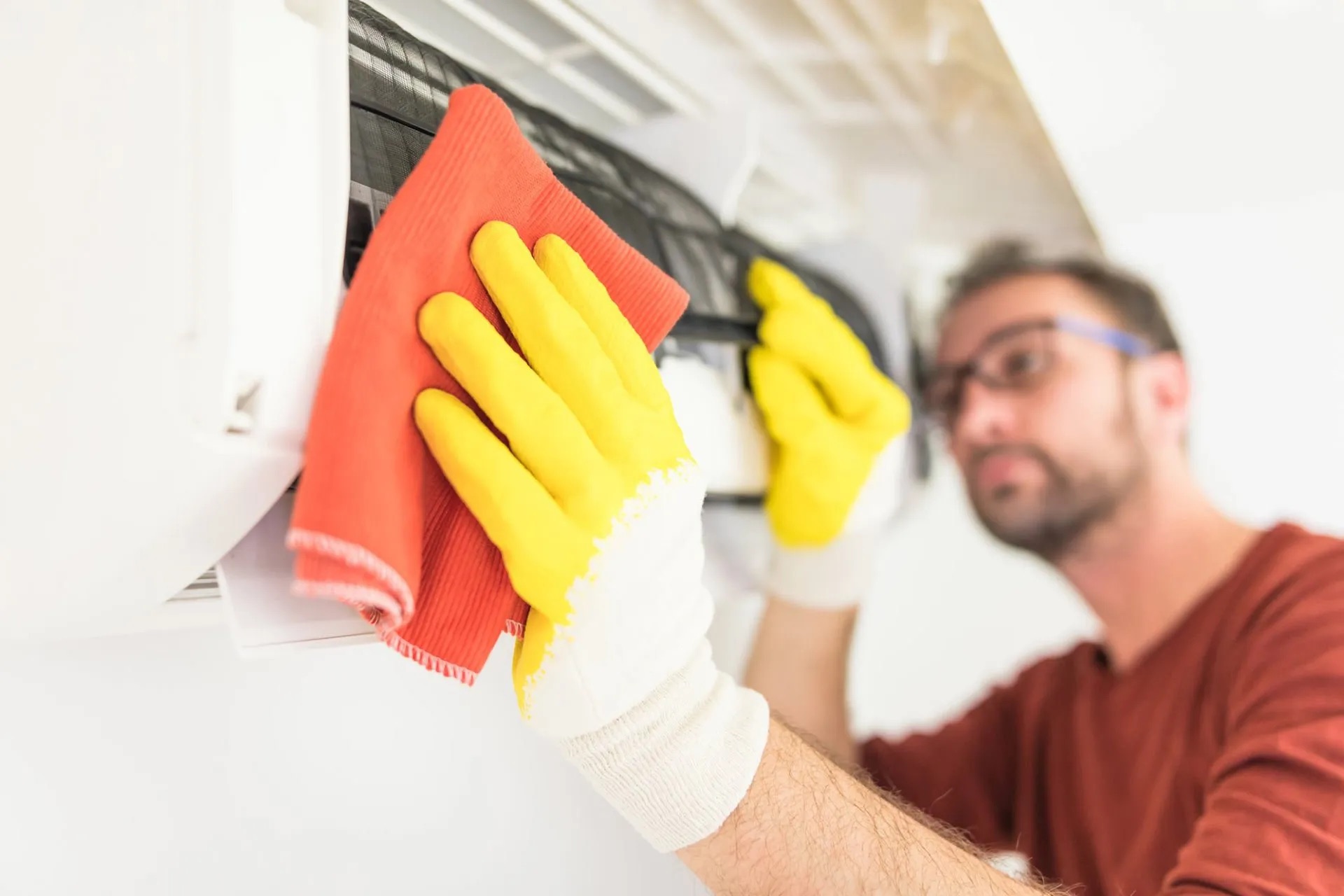
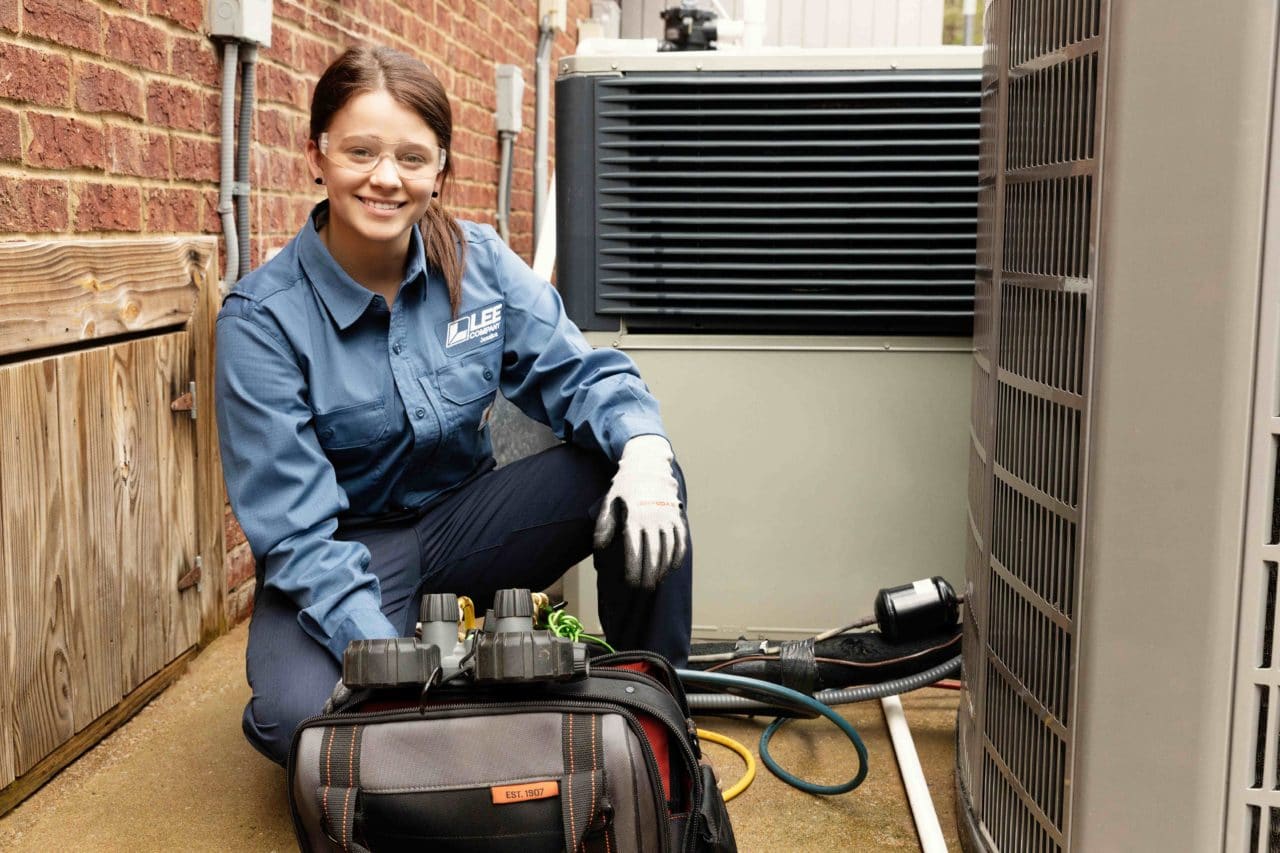

0 thoughts on “How To Tell If Your HVAC Is Gas Or Electric”